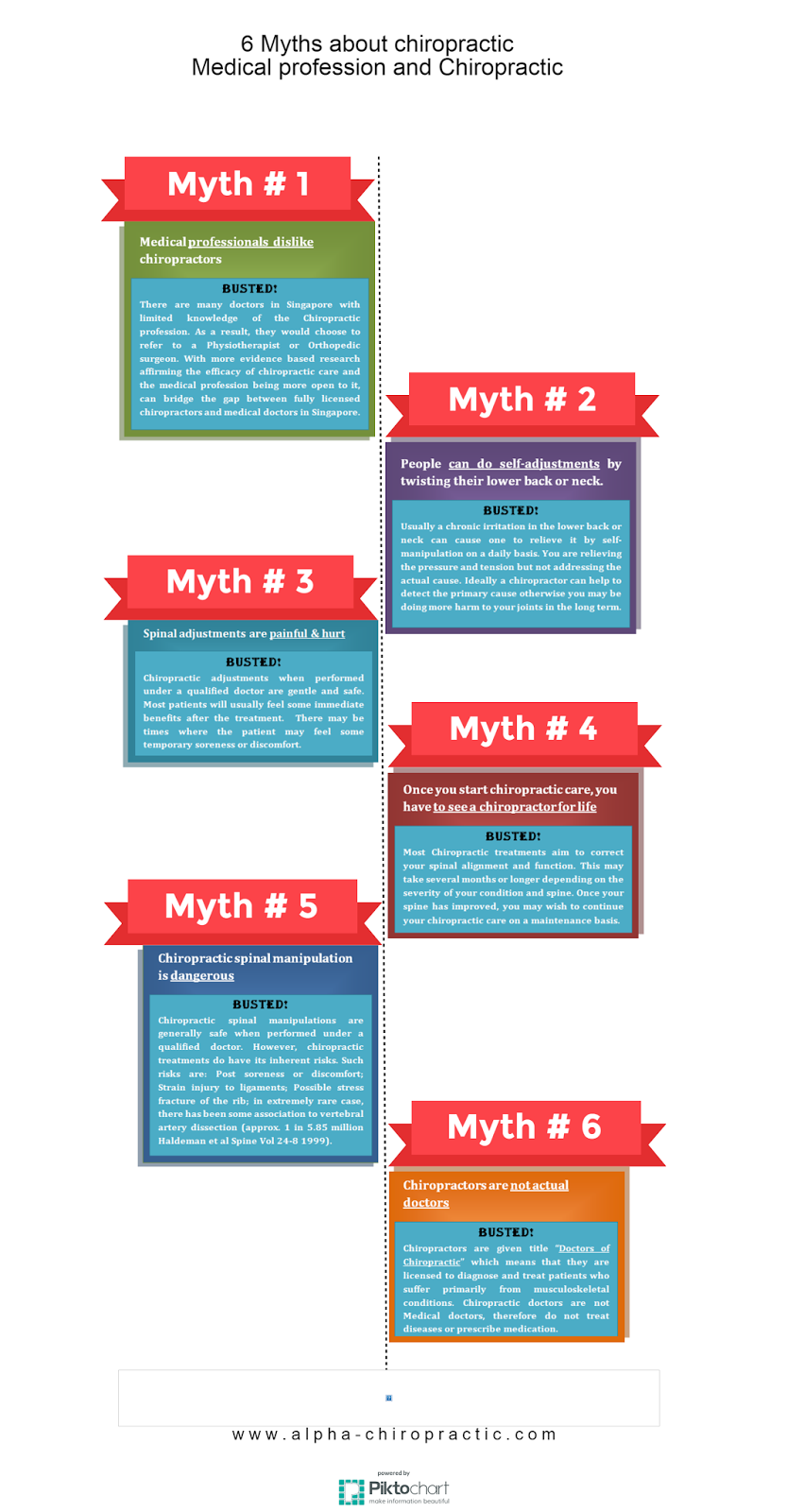If you're experiencing pain in the back, your body might be trying to inform you something greater than simply pain. The way your back really feels can give beneficial clues regarding your general wellness. Understanding the specific type of pain you're really feeling and any type of accompanying symptoms is essential to unwinding the secret behind your discomfort. Let's discover the typical conditions and signs related to different sorts of back pain to clarify what your body might be signaling.
Sorts Of Pain In The Back
When it pertains to neck and back pain, there are various types that you might experience. One common kind is muscle pain, frequently brought on by overuse, strain, or injury to the muscle mass and tendons sustaining the spinal column. This sort of pain can range from light discomfort to serious and devastating discomfort.
One more kind is nerve pain, which can result from conditions like herniated discs or sciatic nerve pain. https://www.medicalnewstoday.com/articles/chiropractor-psoriatic-arthritis presents as a sharp, shooting feeling that radiates down the leg.
Joint pain in the back can come from problems like joint inflammation or sacroiliac joint dysfunction. This kind of discomfort is usually felt in the lower back and can be exacerbated by specific movements.
Furthermore, back pain can be associated with structural problems such as spine constriction or vertebral fractures. Recognizing the kind of back pain you're experiencing is vital in figuring out the proper treatment and monitoring methods.
Common Effects to Expect
Relocating past the numerous sorts of back pain, it is essential to recognize the typical signs that can indicate underlying problems.
Persistent neck and back pain that gets worse with activity or at night could indicate a much more serious problem. Pins and needles or tingling in the legs or feet, particularly when accompanied by weak point, might indicate a nerve-related problem. If you experience unexpected weight reduction together with pain in the back, it could be an indicator of a more systemic condition.
Take notice of any kind of changes in bladder or bowel function, as this could be linked to spinal cord compression. Fever, cools, or evening sweats along with pain in the back might signal an infection. Watch out for discomfort that radiates down one or both legs, possibly a sign of sciatic nerve pain.
Health Conditions Linked to Neck And Back Pain
If you deal with back pain, it's critical to comprehend the possible wellness conditions linked to this discomfort. Back pain can be a signs and symptom of various underlying issues, including muscle mass pressures, herniated discs, osteoarthritis, spinal constriction, and even problems like kidney stones or infections.
Muscular tissue pressures are common and typically result from raising hefty objects or abrupt motions.
Herniated discs occur when the soft cells in between vertebrae protrudes, creating nerve inflammation.
Osteoarthritis, a degenerative joint condition, can lead to back pain as cartilage material wears down.
Spinal constriction, the constricting of the spine canal, can tax nerves.
Kidney stones may cause intense back pain if they move right into the urinary system tract.
Infections like spine osteomyelitis can likewise materialize as back pain. Recognizing these prospective health and wellness conditions can assist you look for appropriate treatment and administration for your neck and back pain.
Final thought
So, next time your back harms, focus on the kind of discomfort and accompanying symptoms. Maybe a signal from your body about underlying wellness conditions like muscular tissue pressure, nerve problems, joint issues, or even architectural issues. By acknowledging these signs, you can take aggressive steps to deal with the source of your back pain and boost your total wellness and well-being.
